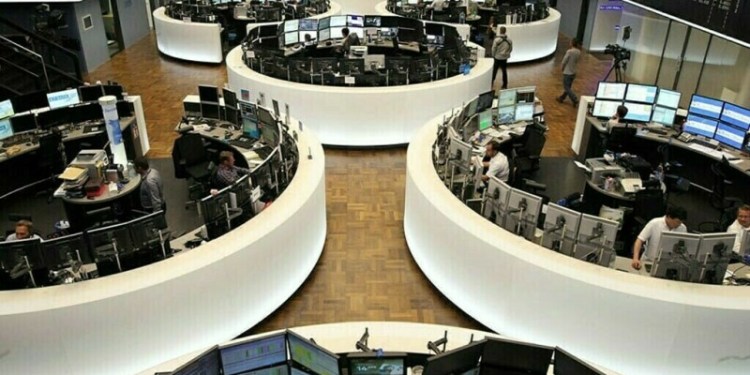Polystyrene contracts based on formulas that track the deltas in the monthly feedstock styrene monomer contract price have been more advantageous over freely negotiated contracts, amid diverging PS and styrene prices in recent months, industry sources said this week.
“Those that have pricing mechanisms based on styrene are in a much better position at times like this month when it is falling,” a PS consumer source said.
However, the same source highlighted that seasonal trends and an emphasis on fundamentals further downstream made it difficult to obtain formula-based contracts with his customers.
As a result, freely negotiated PS contracts are much more common in Europe.
This comes after PS suppliers announced November prices at a rollover Eur20/mt delta over October prices, despite a Eur30/mt ($32/mt) drop in the upstream styrene monomer MCP to Eur960/mt FOB ARA for November.
Last week, styrenics producer Trinseo announced an increase of Eur20/mt to its polystyrene November volumes and producer Styrolution announced a rollover from October for its PS prices.
The diverging prices were attributed to a combination of strong offtakes this month after an overhang of demand which could not be satisfied in October and sentiments that the upward trend in styrene’s feedstock benzene could spill into the styrene and downstream styrenics market in coming months.
This left consumers keen to pull volumes this week ahead of potential price increases and suppliers with little incentive to lower prices.
“For the contracts that are formula based, of course we will honour it. But for negotiated contracts, we will not compromise — rollover only,” a supplier source said.
The benzene MCP for November increased Eur62/mt month on month to Eur582/mt CIF ARA.
In the PS production process, manufacturing 1 mt of polystyrene requires a similar volume of styrene monomer.
In styrene production, manufacturing 1 mt requires 0.79 mt of benzene.



























